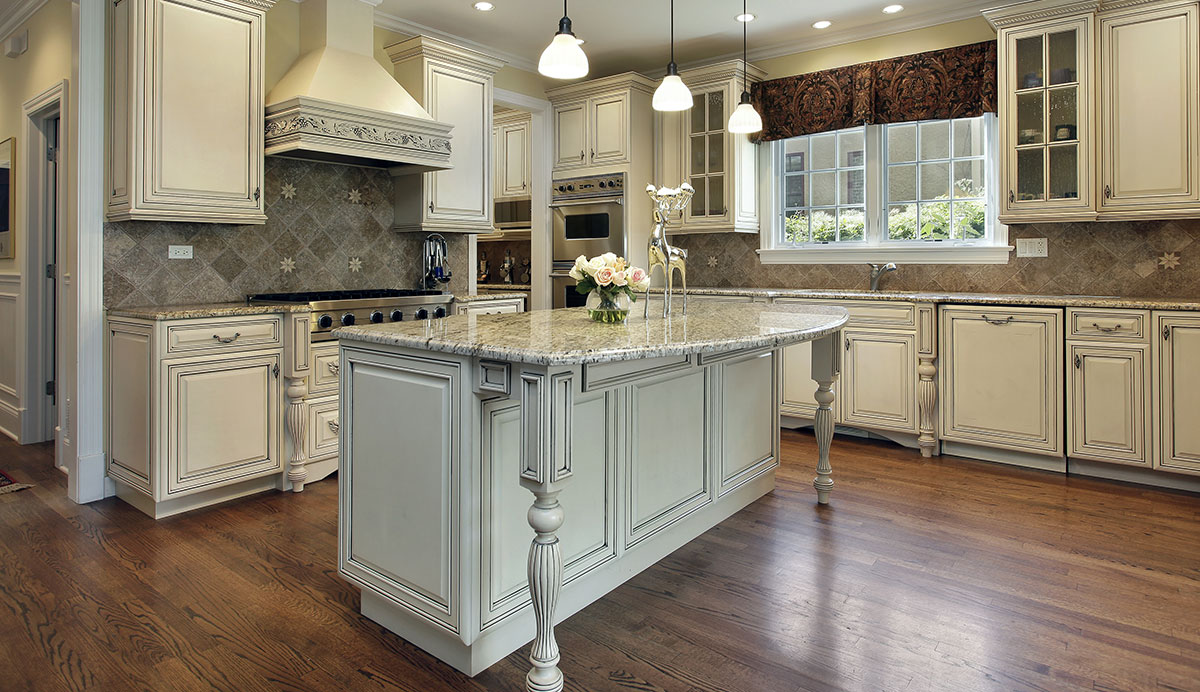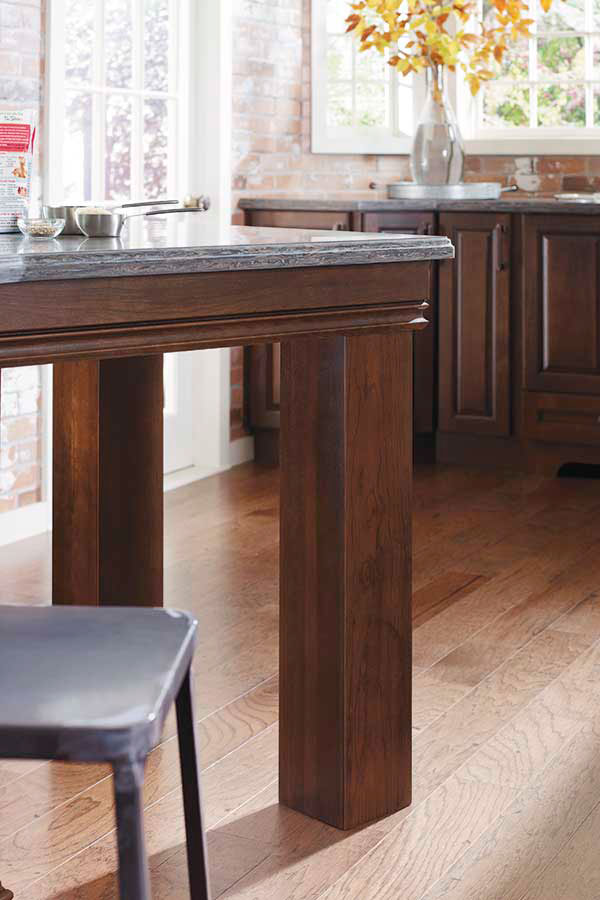Rely Upon Specialist Workmanship for Tailored Legs For Kitchen Island Concepts
Rely Upon Specialist Workmanship for Tailored Legs For Kitchen Island Concepts
Blog Article
A Guide to Choosing the Perfect Legs For Kitchen Area Island for Your Home
Picking the perfect legs for your cooking area island is a nuanced choice that impacts both the capability and aesthetic charm of this main area. Factors such as elevation, products, and style play a vital role in integrating your island with the total kitchen area style. Furthermore, recognizing the relevance of security and maintenance can substantially affect your choice. As you think about these elements, it ends up being obvious that the right legs can change not just the appearance of your cooking area but likewise its functionality for several years to come. What details functions should you focus on in this selection procedure?

Recognizing Kitchen Island Legs
When picking legs for a kitchen area island, it's important to recognize their functional and visual duties in the overall style. The legs act as an important support system, making sure security and resilience for the island, which commonly works as an office, dining location, or collecting place. The selection of product and building strategy should be durable enough to hold up against daily use and prospective wear.
In enhancement to their architectural duties, legs contribute dramatically to the island's visual allure. They can improve the kitchen area's style, whether with typical, modern, or diverse designs. The height and percentage of the legs are likewise critical considerations; they have to harmonize with the island's counter top elevation while making sure comfy seating for those making use of the space.
Furthermore, the leg style can influence the total circulation of the kitchen. Open, ventilated leg styles can develop a feeling of lightness, while solid, significant legs might share an extra based and steady aesthetic - Legs For Kitchen Island. Comprehending these practical and aesthetic aspects will lead house owners in making notified selections that complement their cooking area's design and boost its functionality
Popular Styles and Products
The selection of legs for a kitchen island incorporates a variety of preferred styles and materials, each offering distinct attributes that can boost both functionality and aesthetics. Amongst the most in-demand styles are modern, rustic, and conventional. Contemporary legs frequently feature sleek, minimalist designs that emphasize simpleness and tidy lines, making them optimal for modern cooking areas. Rustic designs, on the other hand, accept natural environments and frequently display reclaimed wood or distressed finishes, including warmth and appeal to the room. Traditional legs usually show ornate information and workmanship, enhancing timeless cooking area designs.

Height and Security Factors To Consider

The legs of the cooking area island need to offer sufficient assistance, making sure that the framework can stand up to everyday usage without wobbling or moving. Product selection plays a substantial function in security; steel legs, for circumstances, tend to offer better strength contrasted to wood.
Matching Your Kitchen Aesthetic
Choosing the ideal legs for your kitchen island goes beyond capability; it likewise plays a considerable role in the total aesthetic of the room (Legs For Kitchen Island). When choosing legs, consider the layout get more style of your kitchen area.
Color is another crucial element. Legs that match or contrast with your island's surface area and surrounding cabinetry can produce visual harmony or striking centerpieces. Matching dark timber legs with a light marble countertop can include depth and rate of interest. Furthermore, consider the surface of the legs; matte, shiny, or textured surfaces can considerably impact the overall feel of the kitchen area.
Installment and Maintenance Tips
Mounting kitchen island legs needs careful focus to detail to ensure both stability and visual allure. Begin by picking an appropriate location for your island, ensuring it is level and has ample room for activity. Make use of a stud finder to find wall studs if you are attaching the legs to a wall or utilizing braces for added assistance. Mark the placement of the legs properly before drilling.
When protecting the legs, utilize top quality screws and, if necessary, wood adhesive for added toughness. For steel legs, guarantee that you are making use of proper anchors and tools to avoid damage to your flooring. It is a good idea to look for levelness after setup, making modifications as required to stay clear of tottering.
Maintenance is just as crucial for long life - Legs For Kitchen Island. Routinely examine the legs for any type of indications of wear or helping to loosen, especially in high-traffic areas. Tidy the legs with an appropriate cleaner, preventing unpleasant materials that might scrape the surface. For find this wood legs, consider using a wood conditioner regularly to preserve their coating. By following these installment and upkeep ideas, you can make sure that your kitchen area island legs stay both aesthetically enticing and useful.
Conclusion
In conclusion, selecting the suitable legs for a kitchen area island necessitates cautious consideration of elevation, security, and aesthetic compatibility. Ultimately, thoughtful leg option plays an essential duty in elevating both the practicality and layout of the kitchen area room.
When choosing legs for a cooking area island, it's essential to understand their visual and useful functions in the total style. Open, airy leg styles can produce a feeling of lightness, while solid, significant legs may communicate an extra grounded and stable visual. The legs of the kitchen area island need to give ample assistance, ensuring that the structure can withstand day-to-day use without wobbling or shifting.Setting up cooking area island legs calls for cautious interest to information to make sure both stability and aesthetic charm.In final thought, picking the suitable legs for a kitchen area island requires careful factor to consider of height, stability, and aesthetic compatibility.
Report this page